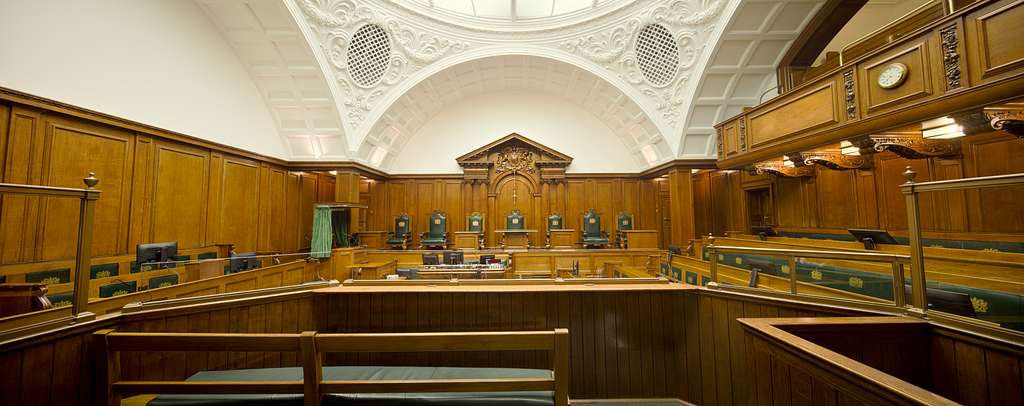One-third of courts across England and Wales will have the ability to hear cases remotely, the government has announced
Credit: Pixabay
More than one in three courts across England and Wales is now able to offer remote hearings via video or telephone.
The government has announced that, of the overall total of 370 crown, county, magistrates, and family courts and tribunal facilities, 157 have been designated as ‘priority’ buildings, and will thus remain open to conduct “essential face-to-face hearings”.
As of yesterday, a further 109 will be closed entirely until further notice.
But 124 buildings – over a third of the total – will be open only to courts service staff and judges, but not to lawyers, appellants, or defendants. These locations will “will support video and telephone hearings”, as well as progressing cases that do not require hearings.
Related content
- Trade-mark hearings turn to Skype as IPO moves services online
- HMCTS launches online tool for separated parents to apply for child visitation
- Courts agencies plan multimillion-pound digitisation of criminal justice services
Since the coronavirus outbreak and the resultant social-distancing measures, “capacity for phone and video hearings has been significantly increased” across the justice system, said the government.
The priority courts will still permit members of the press and public to view cases in person, where it is possible to do so without breaching government advice.
But, where this is not achievable, “judicial consideration will be given to them joining a hearing remotely”.
The Supreme Court has already moved all its hearings online and made them available for live streaming.
The lord chief justice Ian Burnett said: “An extraordinary amount of hard work has gone into keeping our justice system functioning. Technology is being used creatively to ensure that many cases can continue. Not everything can be dealt with remotely and so we need to maintain functioning courts. These temporary adjustments to how we use the court estate will help ensure that we can continue to deal with work appropriately in all jurisdictions whilst safeguarding the well-being of all those who work in and visit the courts.”
The cases heard in priority courts will be those that cannot be delayed and are, for some reason, not suitable to be heard remotely.
Expanding the availability and permissibility of video hearings was one of the many measures contained in the Coronavirus Act that was rushed into law last month.



